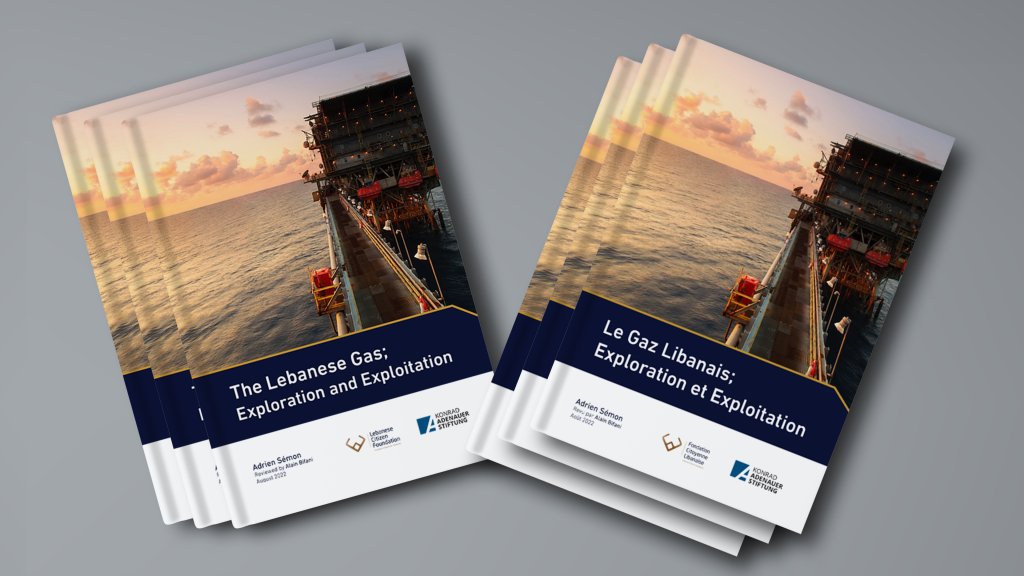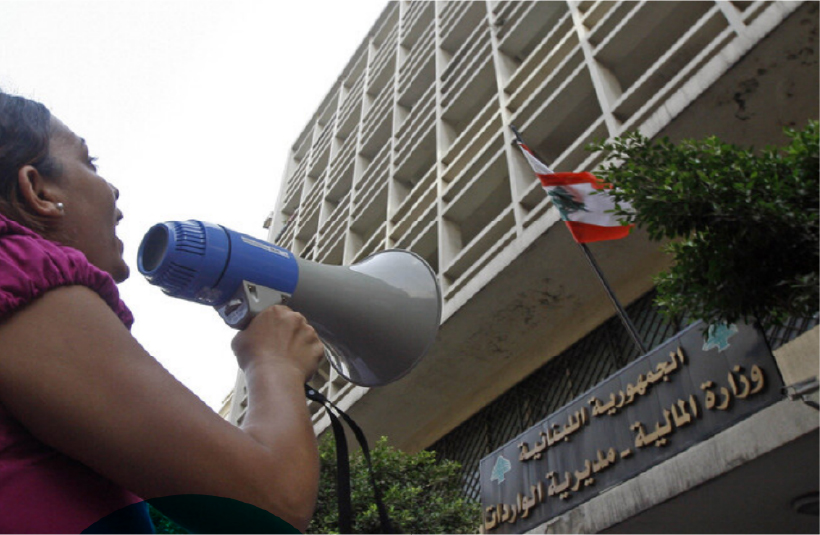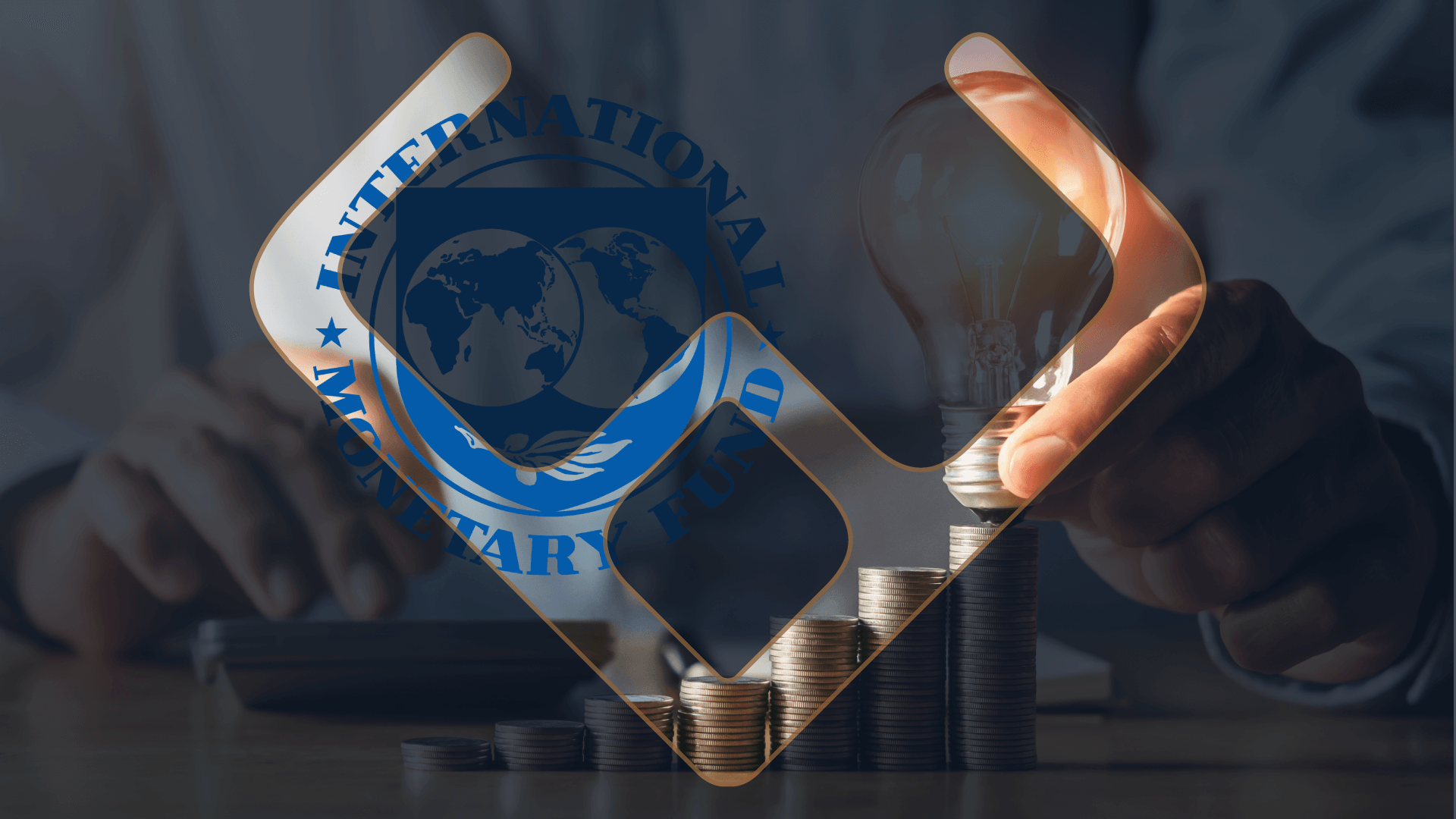The Lebanese Citizen Foundation, in partnership with the Konrad-Adenauer-Stiftung (Lebanon Office and Regional Program in the Middle East and North Africa) and ESA, organized a series of discussions under the title “Lebanon: Towards Green Renewable Energy” addressing the path of solutions to the energy situation in Lebanon and a green option for a reform plan on Thursday 2/12/2021 in George Audi Lecture Hall at ESA, in the presence of international institutions representatives, diplomats and a large number of specialists in this field.
The opening speech was given by Mr. Maxence Duault, Director General of the Ecole Superieure des Affaires (ESA), who welcomed the Lebanese Citizenship Foundation and its founder, Mr. Alain Bifani, and the Konrad-Adenauer-Stiftung Foundation, represented by the Director of its office in Lebanon, Mr. Michael Bauer, the European Union, as well as the invitees and representatives of the World Bank, France and Norway and the European Bank for Reconstruction and Development. In his speech, Duault stressed the importance of addressing renewable green wealth and the transition to alternative energy in Lebanon and stressed the importance of climate change and its inclusion in strategies, adding that ESA has confidence in its students and their contributions in this field, and that there is a path that must be followed for the energy and environment revolution. Even if this path is long, it is the best, he said.

Bifani: Our goal is to provide new options and alternatives that facilitate the decision-making process
The founder of the Lebanese Citizen Foundation, Alain Bifani, presented the series of discussions, emphasizing the importance of discovering new approaches to this not so new issue in a poorly governed country: the issue of energy. Bifani stressed the importance of citizenship in Lebanon and said that the foundation’s primary objective depends on presenting new options and alternatives, facilitating the decision-making process and contributing to constructive public discussions. This event, he stressed, is the fifth since the launching of the Citizen Foundation on May 26, 2021, and its importance stems from the importance of the issue of energy in light of the crisis that Lebanon is going through, as this sector suffers from the loss of its minimum basic components, hence the need to open a series of discussions that present studies, alternatives and scenarios for every possibility, with the aim of change, reform and creating new horizons. Bifani also announced that his institution has completed a detailed study on the possible options for managing gas assets that may exist in Lebanese waters, and that it will be announced and published in the near future.
Bauer: The energy field is a foundation for Lebanon’s economy and at the core of our regional program’s objectives

The Director of the Beirut office of the Konrad Adenauer foundation Michael Bauer welcomed the attendees and emphasized the objectives of Konrad Adenauer’s regional program on energy and climate change in the Middle East and North Africa, and his belief in supporting and strengthening the energy field, which forms the basis for the economy of Lebanon, which is facing an acute crisis, and the importance of today’s activity with the presence of many experts who will open a series of discussions to present studies and strategies that help confront this crisis.
For his part, Mr. Roni Karam, President of the Lebanese Foundation for Renewable Energy, presented the “Lebanon green opportunity” project, and as lead speaker, extensively spoke about an integrated study of the reality of the energy sector in Lebanon and an alternative project for renewable energy and a model that is less costly and less polluted. His expose is available upon request.

The first discussant was the former Minister of Energy and Water Raymond Ghajar, who emphasized the difficulty of securing and distributing energy at the present time, as Lebanon’s capacity has declined by 20% and it is unable to provide its energy needs. Ghajar pointed out that there are several ways to secure electricity, including renewable alternative energy, which increases the percentage of energy storage and reduces expenses. Hence the importance of including it in future plans.
Joe Saddi, former managing director of Booz & Co in the Middle East, noted that the country has always had the same problem: having plans, but not implementing any of them. There is a serious challenge to implement the plans and start implementing them, and I hope that alternative proposals will be adopted and agreed on the importance of its function and that it will be less costly and polluting. He called on donors to impose their solutions on the basis of “qui donne ordonne”.
The activity also included a presentation of the experience of two towns in the Bekaa region in Lebanon, the one of Al-Ain, presented by the mayor Mr. Zakaria Nasreddin, and the suffering of the townspeople from the lack of electricity, which leads to the scarcity of drinking water, heating, lighting, agriculture, industry and even education. The second one was the town of Jabouli, which relies on solar energy systems. Four years ago, it succeeded in producing one megawatt, which the town benefits from and helps light some neighboring towns, including Al Ain, according to its mayor, Mr. Muhammad Ghadban.
The Norwegian Ambassador: Any economic recovery plan in Lebanon must be based on reforming the energy sector first
At the beginning of the roundtable, the Norwegian Ambassador to Lebanon, Mr. Martin Yttervik, affirmed his country’s belief in supporting and modernizing the alternative energy sector in Lebanon, and that it is at the heart of its program and the investments they support. He pointed out the importance of discussing a sensitive sector such as energy, specifically in Lebanon, which suffers from an economic collapse and a severe shortage of energy sources. Hence, the need to pay attention to the energy sector when setting any policies or decision-making in Lebanon. He said the government should develop an economic recovery plan with the energy sector at its core. All international partners, including the International Monetary Fund, agree that priority is given to the energy sector in any economic program.
The Director of the Regional Economic Department at the French Embassy, Mr. Francois de Ricolfis, presented the reality of electricity in Lebanon and the previous practices that brought the country to what it is. While the system failed to deal with the electricity sector, specifically the Electricité du Liban, it is time to change this system and take several measures that allow the production of energy with less cost and pollution. He also stressed that the multiplicity of exchange rates in Lebanon constitutes a major obstacle to any possible investment in any field, particularly in energy, and that electricity needs to set an actual price for it, not varying prices according to subsidies and energy sources.
As for the Deputy Director of Cooperation at the European Union delegation, Alessia Squarcella, she said that the objectives of the European Union in the region bear the title of renewable energy and environmental protection, and the Union, through its representatives, is trying to persuade the surrounding countries to reduce emissions and pollution. One of the goals for 2021, according to Squarcella, is the green economy, and the Union is funding initiatives and supporting any improvement in this area.
The last word before questions and comments was given by Mr. Khalil Dinguizli, Resident Director of the European Bank for Reconstruction and Development, in which he highlighted the importance of renewable energy as a primary strategic goal for his representative. While confirming the European Bank’s commitment to investing in Lebanon, he stressed the importance of reaching consensual approaches with the Lebanese authorities and strengthening the policy of dialogue so that the negotiation process would be more effective to reach an agreement.







